The New York Times Co. is an American mass-media company that publishes The New York Times, its associated publications, and other media properties. Its headquarters are in Manhattan, New York City.
Claim: “The Times publishes hundreds of pieces of journalism every day. We apply ethical standards and rigorous reporting to every article, video, podcast, newsletter and interactive we produce.”
Facts:
For years the Times published articles and essays omitting crucial facts, facts that would have shown that the beneficial impacts of the environmental, antiracist, human rights, child welfare, and many other policies and processes being covered were being undone by inequity and growth. Those omissions benefitted Times leadership, at deadly cost to others.
A scan of recent coverage shows more articles and essays showing low fertility as a threat to the future, than ever discussing legal liability for clearly unsustainable and damaging growth that violated the right of many alive today, and many in the future, to have even one child safely, even as a means of reducing impact.

On any given day the Time made claims about some action creating benefits, the claims were being undone as children entered the world without entitlements to minimum levels of welfare, share equity in their democracies (equity, like equity in a company, where you have a measurably equal and influential role in outcomes) or entitlements to legitimate political systems, systems that first require share equity to create even basic legal obligations.
The omissions constitute fundamental impact fraud, skewing the baseline for climate reparations, based on misinformation that leads to harmful behavior.
And saying that is not controversial, or controvertible. Google “New York Times” and things like “children’s rights” or “child welfare.” On any given day an essay or article was published lauding such things, the Times omitted that more children that day were being born into conditions that violate their rights than were being protected. Look for actual, functional protections in terms of limits on the conditions in which children could be born, and hence their environment protected.
You won’t find them. Why? Because of the need for growth, growth – having already exceed atmospheric carrying capacities – that would ensure the violation of countless children’s rights in the future. This went well beyond the Ponzi scheme Nobel laureate Steven Chu saw, and into a multi-faceted and deadly thing.
In recent years the Times published more articles covering fertility declines as a threat to overall wellbeing, and treating growth-based inequity as sustainable, than it did accurately reporting the drivers of the climate crisis. They did this while on the same day running stealth advertising aimed at exploiting that growth and deadly disparities in birth and developmental positionality.
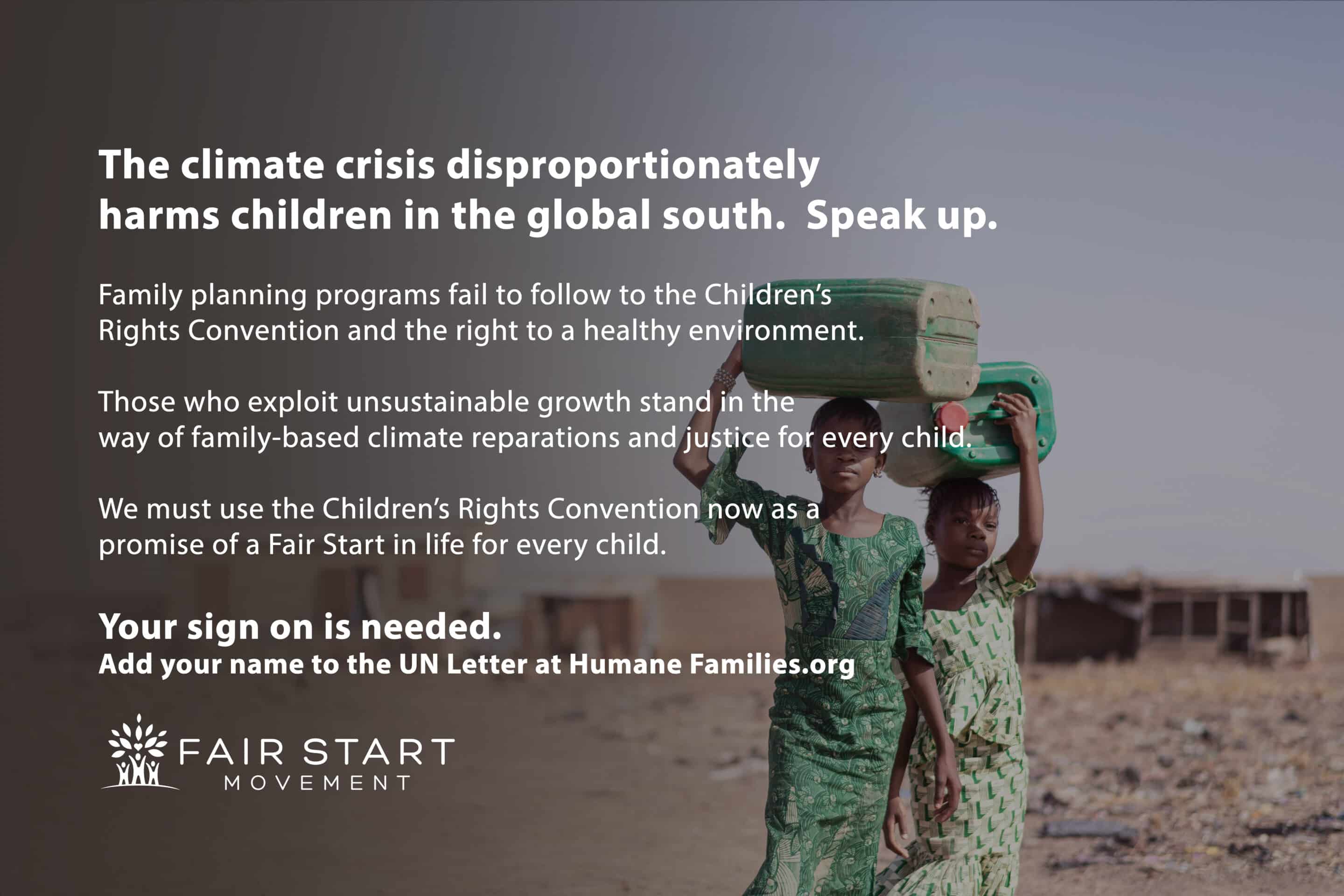
The Times routinely uses and has used terms like sustainable, green, eco, humane, democratic, inclusive or similar value terms to describe policies, states of affairs, and /or objective values/measures which rigorous research and reporting would have shown were being vastly undone by unsustainable and inherently racist policies (like inherited economic inequity) accelerating the climate crisis and deadly inequity. The Times routinely framed environmental issues as liberal, and under an ethos of top down protection, which according to research has divided audiences over the issue, instead of correctly covering the more antecedent, unifying and accurate issue of democratic share equity as a driver of environmental outcomes.
The Times routinely covered issues of animal rights without ever including the driver of animal oppression, the creation – in the birth and development of humans – of our relations with them. The reporting, around things like veganism, treated animal rights as consistent with growth-based consumerism, and dietary change as an on-balance benefit for animals. That is inaccurate, hid the main drivers of climate change and the extraction of wealth ensuring inequitable outcomes, and in many cases was accompanied by stealth advertising.
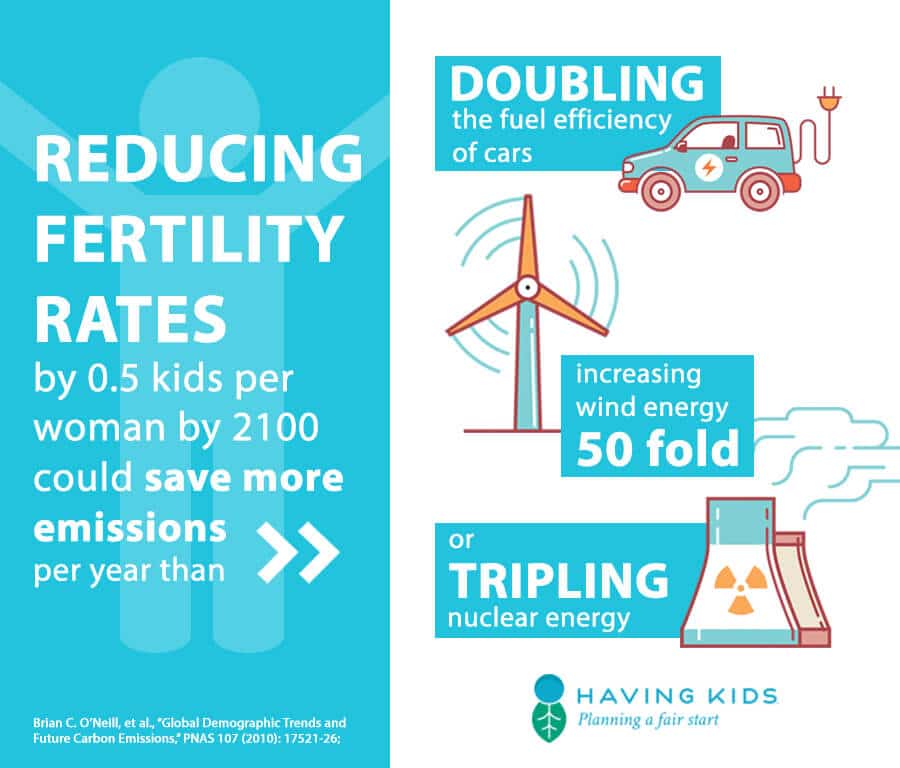
The Times also routinely covered political institutions and those claiming to represent constituents, while omitting how easily measurable growth and inequity were undermining any possibility of any accurate representation. Times editors and reporters benefited from these omissions, forestalling things like expensive liability in the United States for birth equity reparations that would have moved towards representability. While the Times is critical of symptoms of growth and inequity, like the rise of Donald Trump, its reporting has stymied attempts to change the cause, the fundamental allotment of entitlements that created him. In similar form, the Times routinely covered affirmative action and other more cosmetic fixes to racism, even though that framing is divisive of the vulnerable on both sides of the political spectrum.
The Times’ coverage of immigration suffered from the similar pattern of reporting things like immigration in ways that divided more vulnerable communities on the left and right, while ignoring or through pronatal reporting even exacerbating upstream drivers like inequitable growth policies driving migration, and threatening mass migration as the climate crisis accelerates.
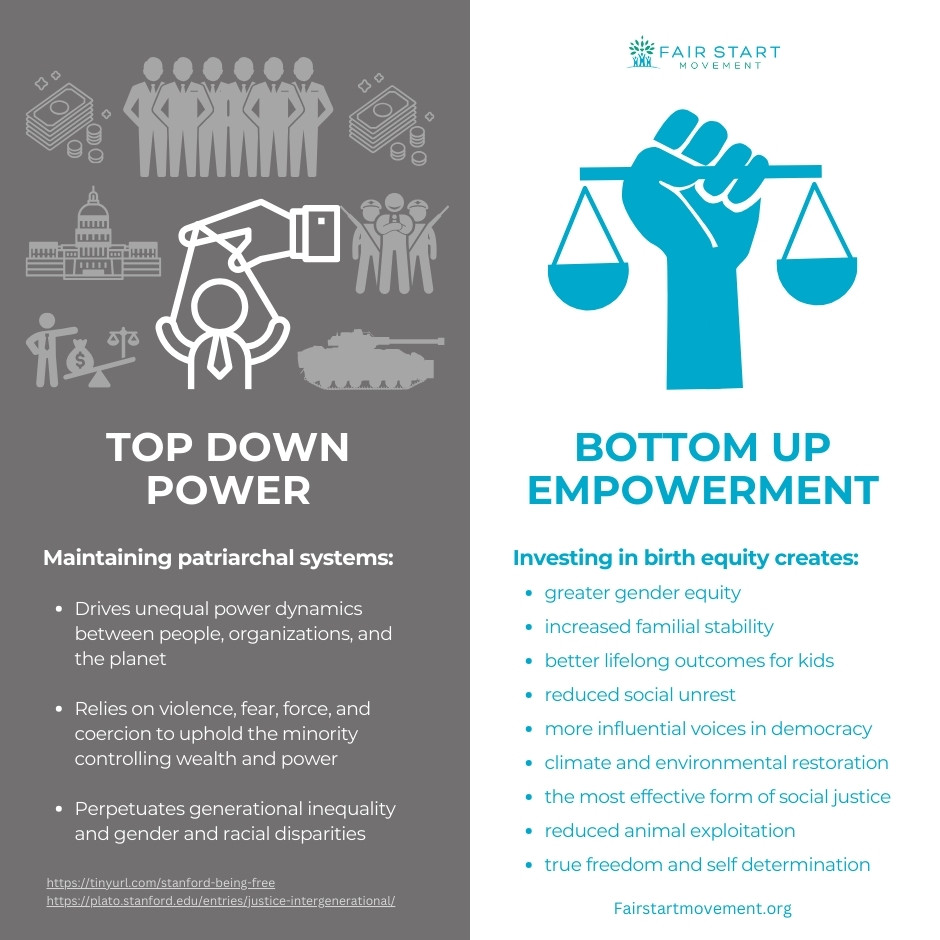
A assessment of recent coverage shows more reporting by the Times that would qualify as advertising, including advertising to children, than of violence around the nation and world that is at least partially driven by correctable incentive structures and entitlements that also benefit the Times and its leadership. When it does report, the coverage avoids drivers like economic and other caste-class based motivation, or political disempowerment, in favor other more topical explanations.
While the Times may feel it has been reducing the likelihood of violence of a political nature by not covering that side of violent events, it may be doing the opposite, concealing a backgrounded but fundamentally relevant system driving violence. This driver will become more salient as temperatures rise and growth-based inequity disempowers the average person, crowding them out of town halls where they can self-determine and into shopping malls where they are determined by others.

In essence, the Times reporting routinely ignored key and fully documented eco-social thresholds/baselines (the ability of ecosystems to absorb pollutants, measures of equality of opportunities in life, or disenfranchisement via growth beyond limits after which votes become diluted and ineffective, for example) that had been crossed by the United States and other countries decades ago. They used arbitrary measures of value instead based on an obvious error that undermines freedom by excluding children’s rights from family planning entitlements. Instead they used a baseline of unsustainable economic growth, to not only benefit from children coming in beneath the social threshold but degrading the ecological threshold in the process.
The coverage above ignored the overriding nature of child development entitlements in favor of downstream concentrations of wealth and power that were exploiting those children. This is not about freedom of speech, or journalistic autonomy, but a powerful entity misreporting facts and values to benefit itself at deadly cost to the vulnerable.
How inaccurate was the reporting, given the omissions?
Try the vast majority of climate mitigation efforts undone by growth, the democratic representatives the Times routinely focuses on barely representing their constituents by any reasonable ratio metric, and wealth disparities that are both exponential, deadly, and largely accounted for by birth, developmental, and emancipatory positionality.
All facts and values are relative to the thresholds and baselines discussed above, and any reasonable editor would reorient assessments of any story when it became clear that basic assumptions about relative positioning were likely to kill a billion innocent persons.
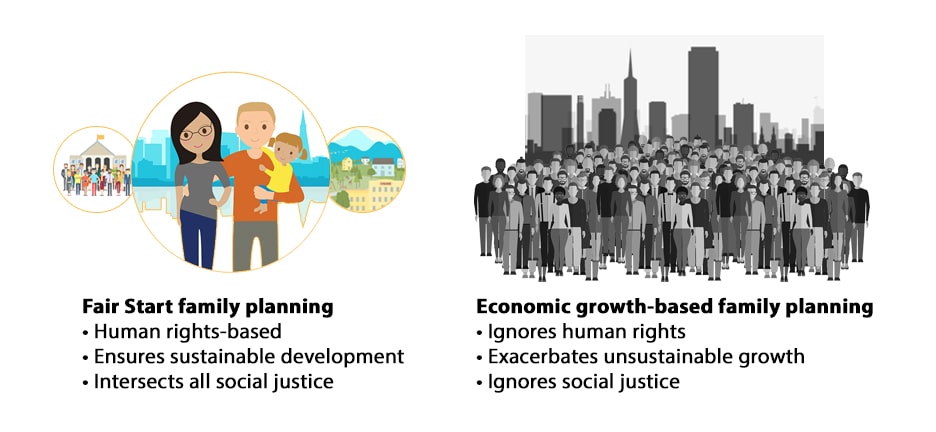
Failure to account for these crucial facts makes the reporting and essays inaccurate.
Are these omissions racist?
How is it not racist omit as a driver (and also omit research showing the right to override racist entitlements by all means effective) of many stories a system of birth entitlements where children of color get a tenth or less of the wealth as white kids, are largely excluded from the political system, and bear the deadly cost of an ecocide they did not create?
We would and should ostracize anyone who refused to hire black people. Why not identify, reform or if they cannot be reformed, ostracize anyone backing largely old white make billionaires whose wealth is being made at deadly cost to millions of black children, wealth that could be moved to still save lives? There is a bright line test for this sort of racist, based on whether one supports universal birth equity or not, now pending before the United Nations.
The omissions hid – as many in the Fair Start Movement did in former work – a process that would lead to largely white and wealthy children being enriched from growth-based investments, at deadly cost to mostly black children. Instead, they reported from arbitrary baselines – the same thing that conservative Exxon, and liberal Cass Sunstein for that matter, did.
An analogy: The Times reporting on all of these matters of basic justice and political legitimacy/obligation, which impact the future majority in a way that will kill millions, would be like reporting on events in historic South Africa while omitting mention of the apartheid policy in place, and that policy benefitted those controlling the reporting. But in this case, the intergenerational and racial apartheid of assuming birth, developmental, and emancipatory benefits will kill countless more people.
Concentrations of wealth and power like the Times – like those in white South Africa – did not create value. They helped ensure rules for the game, and most importantly the first rule of who we should be in terms of the creation of power relations, to move the key costs on to others, and to create deadly criteria for truth (academic hierarchies based on birth inequity, for example) and value (like market demand created by not investing in birth and development conditions for all children, but rather exploiting their needs) by ensuring the average person could not patriciate in the rulemaking and was born more as a worker and consumer, than an empowered constituent. Their wealth is owed back, and the demand overrides any government’s right to block the taking of the wealth because the process of investing in equitable birth and development positionality is what makes governance inclusive, capable of representation, and hence legitimate.
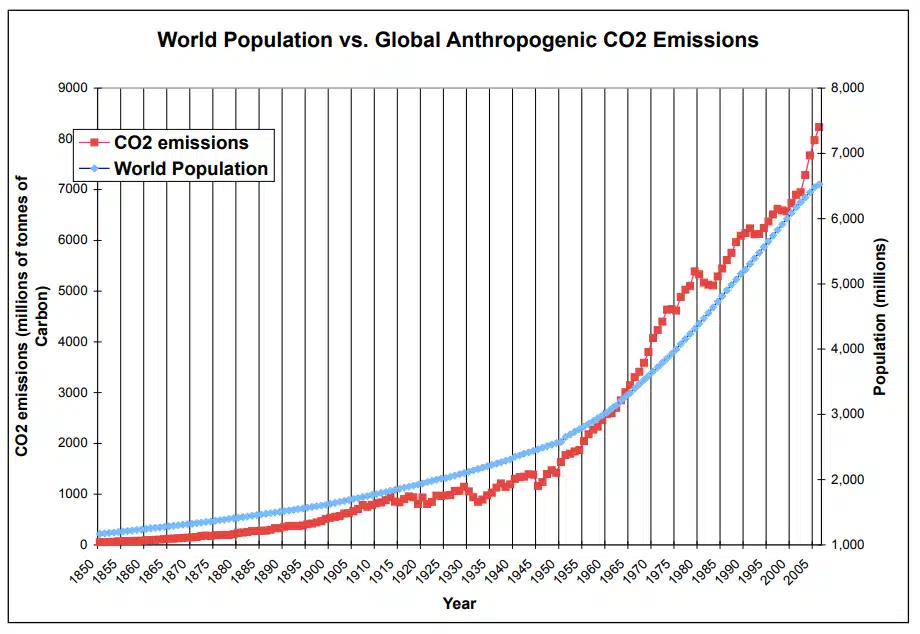
TAKE ACTION
The New York Times leadership, including Joseph Kahn, is personally liable (as many in leadership elsewhere are) for the costs and benefits of a deadly but fixable systems of birth, developmental, and emancipatory positionality. We are all liable for the costs and benefits of our birth, developmental, and emancipatory positionality, and can choose to offset them and be obligated to legitimate systems, coming under their protection, or not.
He and others are liable for making choices and living lives that contradicted their own demonstrated values, like enjoying the absence of heat waves, while ensuring others could not do the same. He and others made choices for the vulnerable, robbing them of their freedom.
Right now most nations treat their constituents as economic inputs, consumers and workers designed for growth, rather than citizens with an equal and effective voice in their political systems. But it’s unclear why those created as economic means would ever have to follow the law, including the entitlements driving the loss of freedom.
If we are in quantity and civic quality created as workers for factories, and consumers for shopping malls, and not created as empowered and influential citizens in town halls where we make the rules, what democratically made laws protect the entitlement of the mall owners? This is not socialism or capitalism but basic constitutionality.
Nonviolence in engagement is crucial, but what seems clear is that the state also cannot use violence to halt constituting an equitable future – via things like care modeling reforms – because it would have no authority to do so.

Background reading:
Between 1948 and 1968, when the United Nations and member states should have been shifting their power from the top down systems of coercion protecting existing entitlements to bottom up systems of inclusion and empowerment. They should have begun the process of inversion. They did the opposite.
Controlled by a handful of mostly white and wealthy men whose criteria for evaluating truth and value came from the castes in which they were born and saw the world, through various mechanisms they avoided the shift from to down power to button up inclusion by conflating the act of having children and not having children under a veil of personal autonomy or privacy, failing to include share equity and children’s rights. They used a mangled version of freedom – freedom from taxes, from governance and regulations, from obligation to animals and the environment, freedom from duties to others, etc. to benefit at cost to others, causing the current state of world affairs. It was an immediate, narrow version of freedom, with one’s true freedom – based on our personal histories and positionality relative to others, veiled behind privacy.
What good is the right to terminate a pregnancy if you die in heat waves driven by others, because you could not afford air conditioning.
More specifically, they treated having children as an act of autonomy, bundled up with the act of not having kids, because that form of autonomy would define the concept of power in a way that avoided questioning certain entitlements. The dangerous and powerful were the men with guns in government, and the castle of the home was an autonomous zone to be protected from it. That’s not the definition of conception of power that makes democracy work – it was used to make listeners assume the status quo for certain entitlements, like generational wealth, that should have been examined.
Power is any form of human influence, the mass aggregate of human activities that is killing millions in the climate crisis, and it begins as we – and our relations to others – are created fundamentally through birth and development. Watch for others entering the world, not the leaders with money and guns they will become. This was power over others, not self-determination for all, and the misconception operated mostly by taking the element of time out of the equation, and assuming certain relations rather than requiring birth and developmental self-determination. But families are not just in the social contract; they are constitutive of it.

Young would-be parents have a first and overriding claim to societal resources if used to parent us into a better future, using metrics that combine to create a threshold above which children may be born, but beneath which no child should be born.
Kahn fails this binary, threshold test, because his editing decisions omitted it – for their own benefit and at cost to others.
Why does the baseline matter?
Without this it would be physically impossible to be free because we could not limit who has authority, power and influence over us. We could only try to limit who represents us – not who actually has – day to day – influence and power over us. Free persons will see themselves as first obligated to persons who will parent and empower their children into emancipation, rather than first ruled by those at the top of the influence pyramid, e.g. officials, the wealthy, CEOs, celebs, etc., because all entitlement to influence derives from the governed and their primary and equitable positioning to self-determine, rather than government and current influencers, which have no inherent authority.
Would-be mothers who will physically constitute the future have the first right to use the most effective means to obtain the resources they need, to ensure freedom for all, and more of a right than the men with guns in government who masquerade as their representatives because there is no coherent, and necessarily primary, “we” without this override function.
The United States prides itself on being a free nation, but it uses a conception of freedom that starts by exploiting the most vulnerable, at the nexus of our creation. Look for a minimum threshold of wellbeing for future children and animals, and you won’t find one because they are both already earmarked for use in growth.
Had Micah Johnson, instead of filling five police officers, turned his attention to fossil fuel executives in demanding reparations for would-be black mothers harmed by the crisis and inequitable positioning in responding to it, the state would have not been able to legitimately block any nonviolent efforts by Micah to get the funds.
It should be the beneficiaries of a set of rules premised on inclusion for their legitimacy, but which instead fundamentally exploit and exclude, should carry the risk of violence in any confrontation over entitlements (which will mostly be reactionary) it creates. Justice, at base, will mean their not being allowed to benefit from an illusion of including and empowering others.
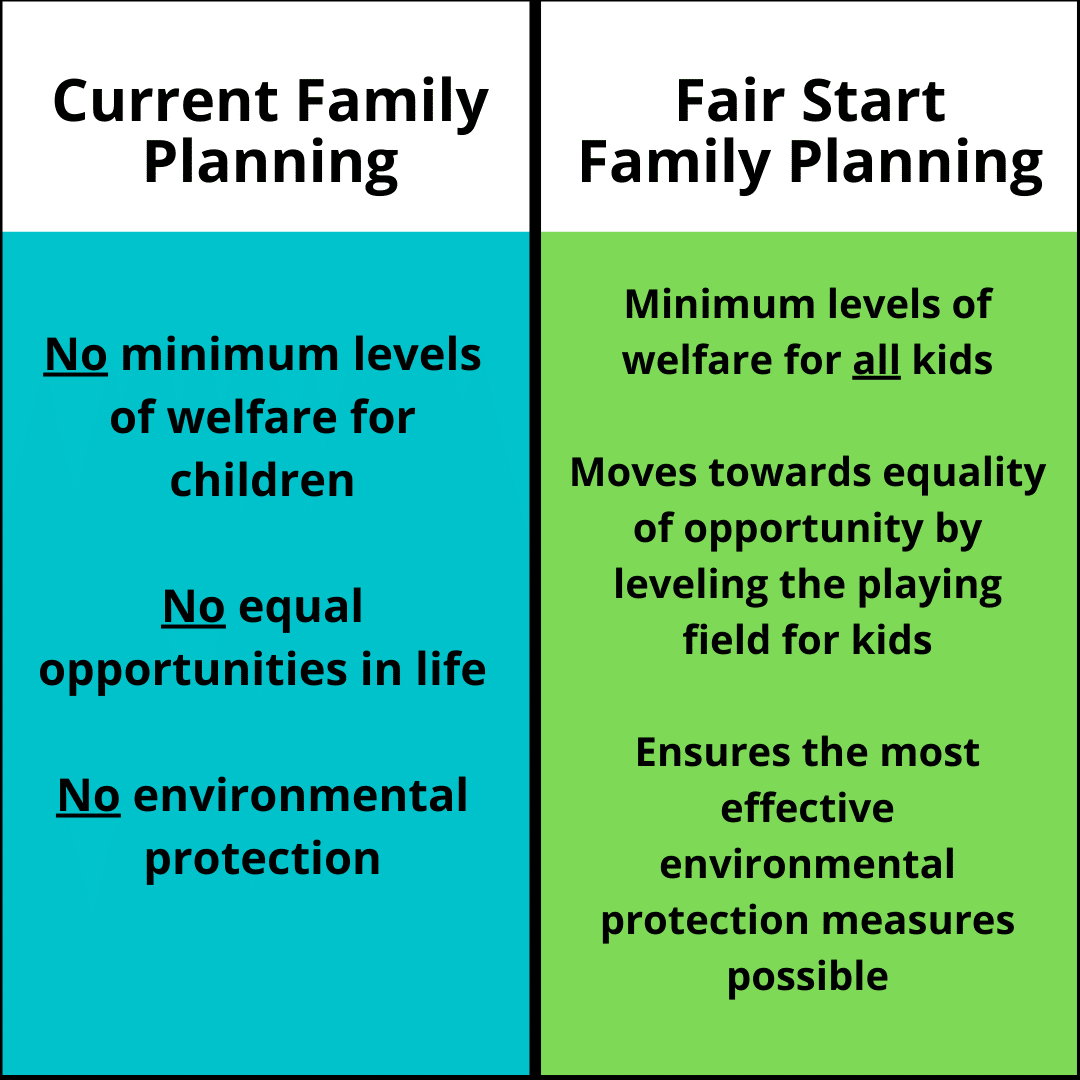
Many over the years had said that Fair Start Movement was true in its assessment, but that the goals were unrealistic. In a world where a few like Kahn have massive influence, targeting them to admit liability and transfer wealth in a way that would save countless lives – so that we may orient from truly self-determining baselines and die free or self rather than other-determining – is totally realistic, and underway. Who else will be held accountable for the deaths?
